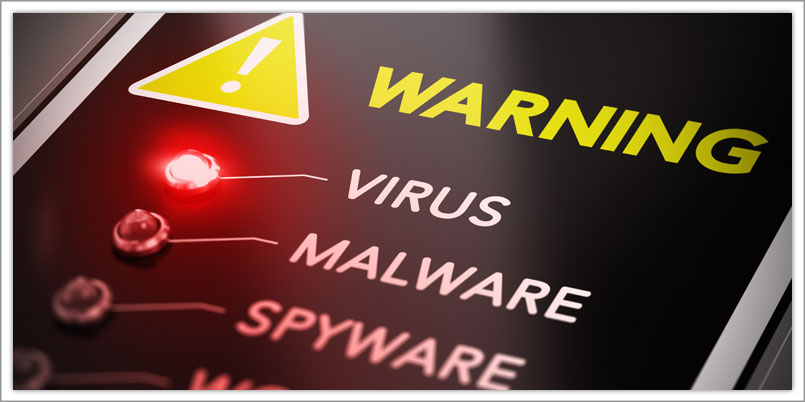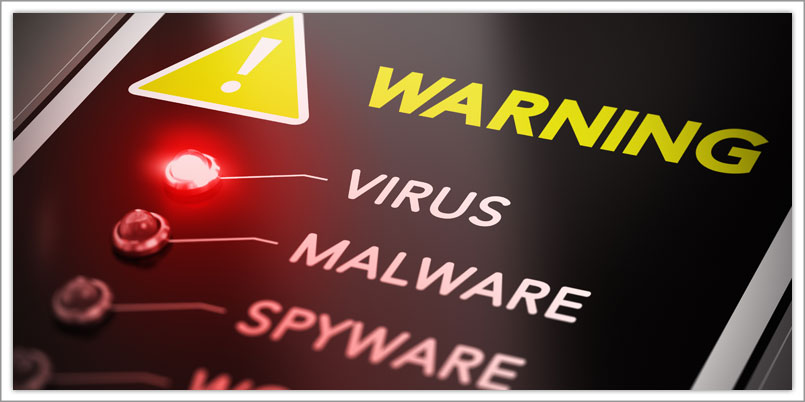
To select the right solution for your needs, we recommend you do some research on the various products on the market. Some products may also include alerts when you visit a suspicious or dangerous website, and firewall protection. Some packages will block downloads, or clean software as it’s downloaded.Īt a minimum, all anti-malware software solutions should be able to scan for viruses and alert you to any potential malware. Some may only scan for existing viruses others will detect malware hidden in downloaded files or sitting on the website you’ve just opened. The best way to protect yourself against a malware infection is to install appropriate software on your computer.Īnti-malware solutions differ in effectiveness and the range of malware types they cover.

Allowing someone to remotely access your computer.Social media messages at random with links.Downloading infected apps and files from the Internet.Visiting websites that have been infected by malware.Clicking on legitimate-looking website links that turn out to be false.Your computer can be infected in many ways, including: Trojan packages can carry viruses, spyware, or other types of malware. Once installed, it can perform any amount of harmful tasks. While paying the ransomware can sometimes get your access back, it can happen again unless you fix the core issue, it may not always work, and the ransom can be quite a lot of money.Ī piece of software that looks harmless until you download and install it. When you try to open something, you’ll see a screen that demands payment in some form – often “bitcoin”. RansomwareĪ piece of software that installs itself and then locks access to your files. Once installed, they can corrupt your computer or legitimate software, steal and forward data, or fill up your computer until it can’t operate any more. VirusĪ piece of software or code that gets into your computer or applications, replicates itself, and then uses your internet connection to spread itself further. It can be disguised as proper software – for example, Trojan software could download and install spyware without you realising it.

It “spies” on you in order to collect passwords, track web actions like auto-filled forms with financial and personal data, or even activate webcams or speakers. Spyware tracks your actions on your computer and the internet.

Note that while scams, “phishing”, or identity theft aren’t themselves malware, the malware can often be assisting with these criminal activities. There are many kinds of malware these are the most common terms you’re likely to see.


 0 kommentar(er)
0 kommentar(er)
